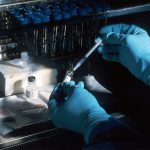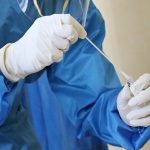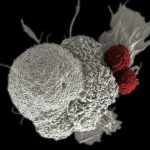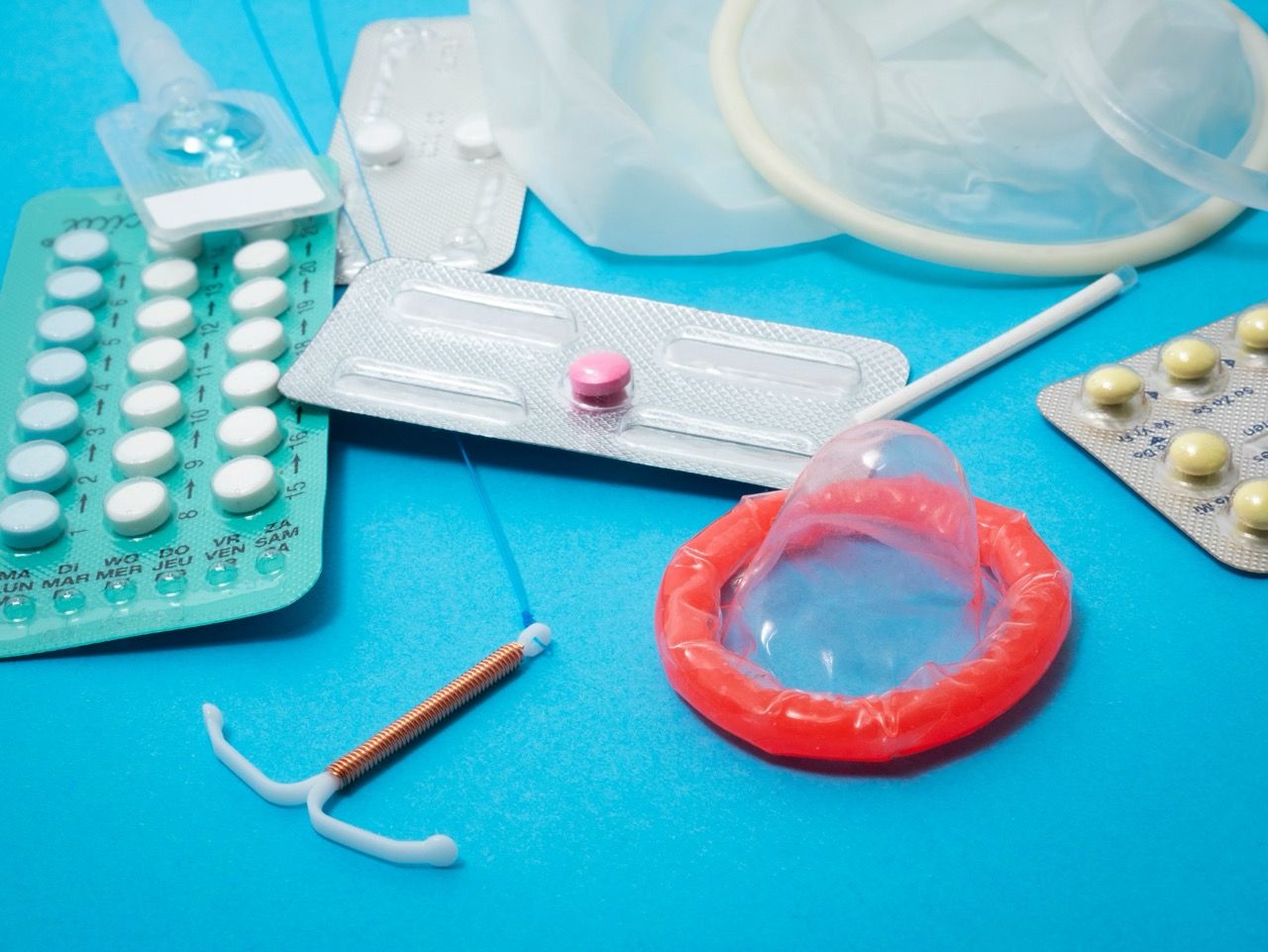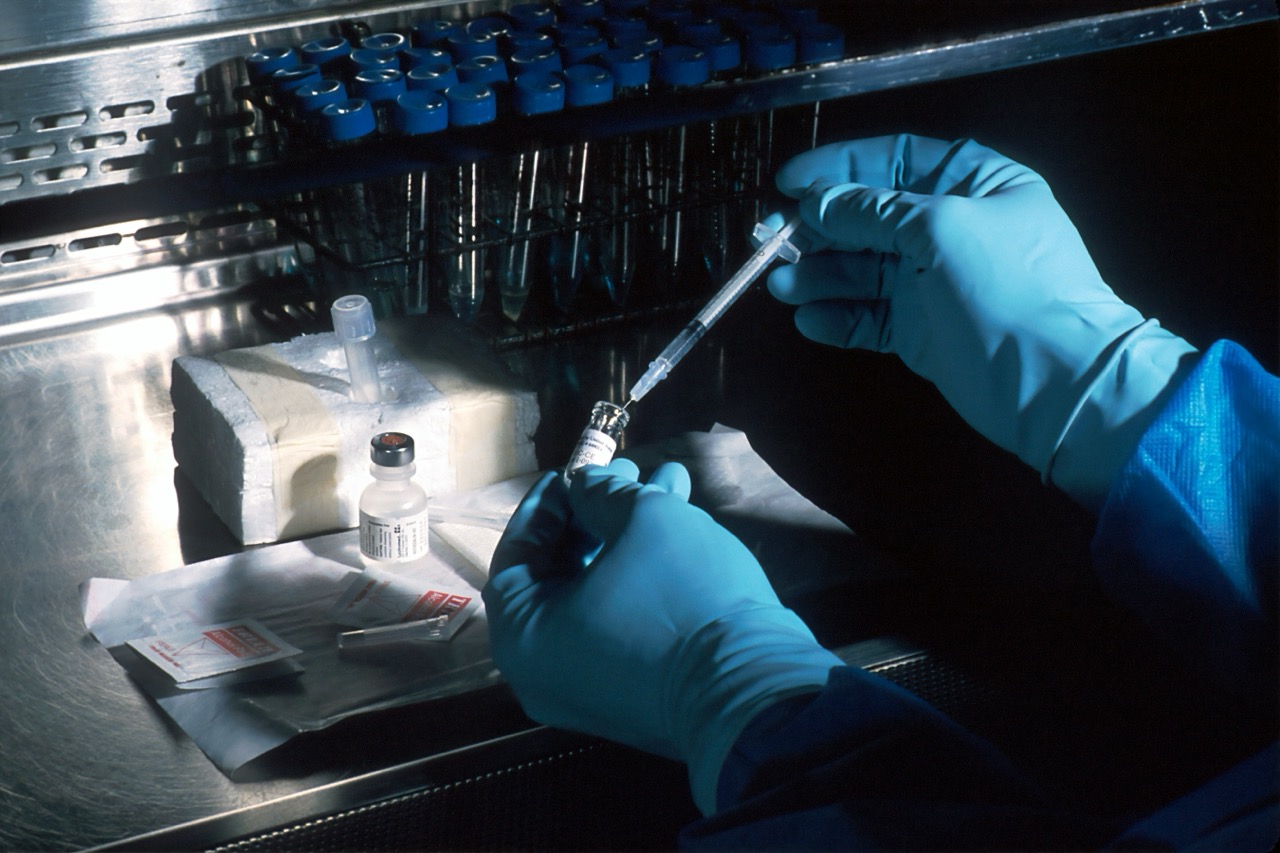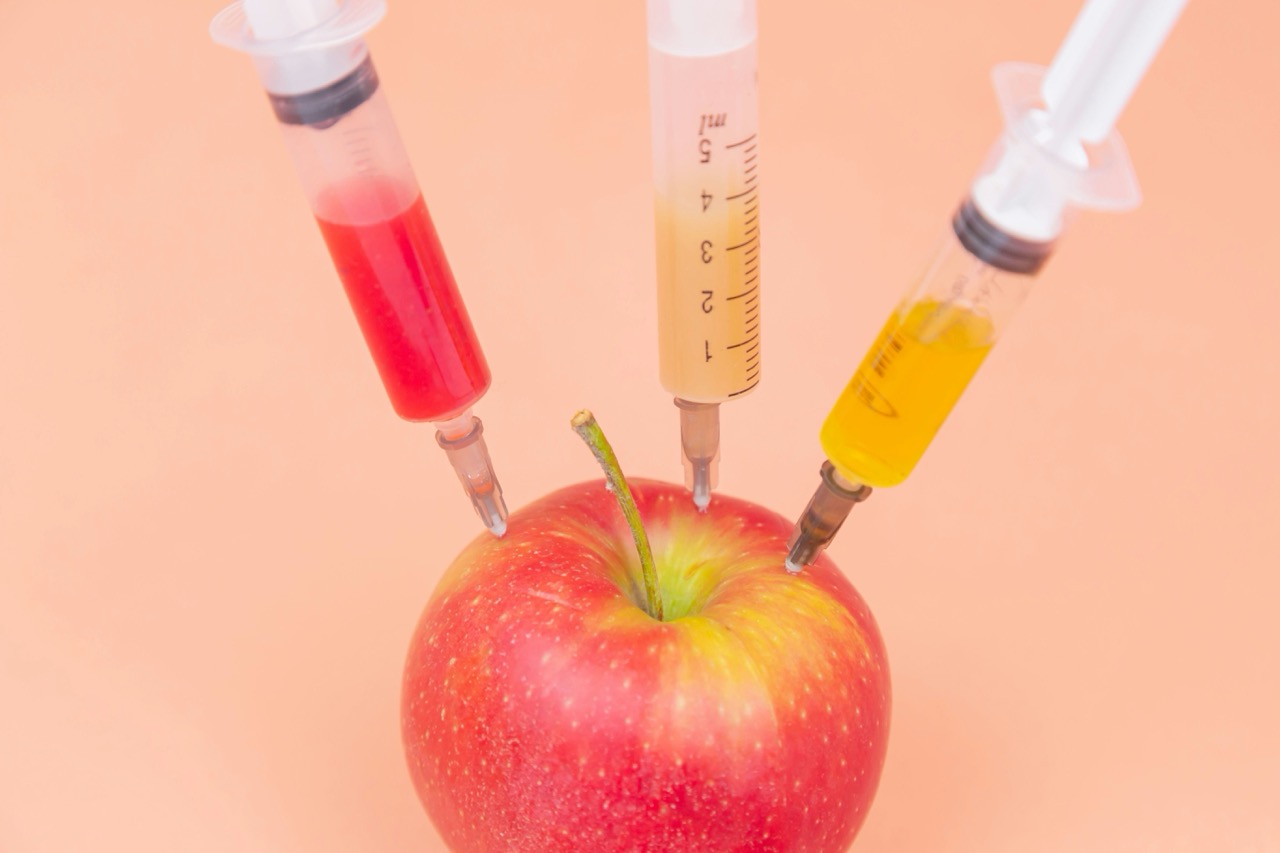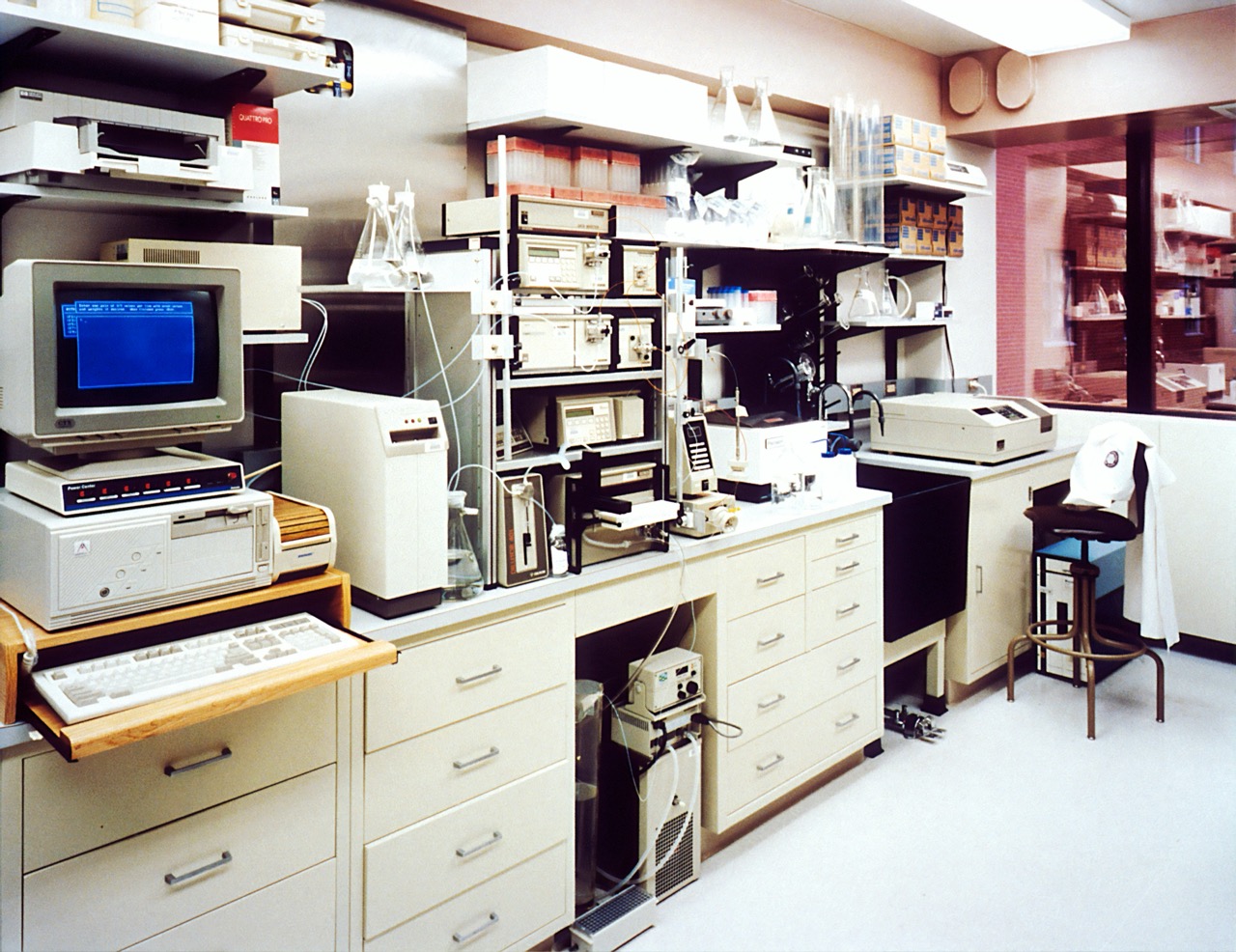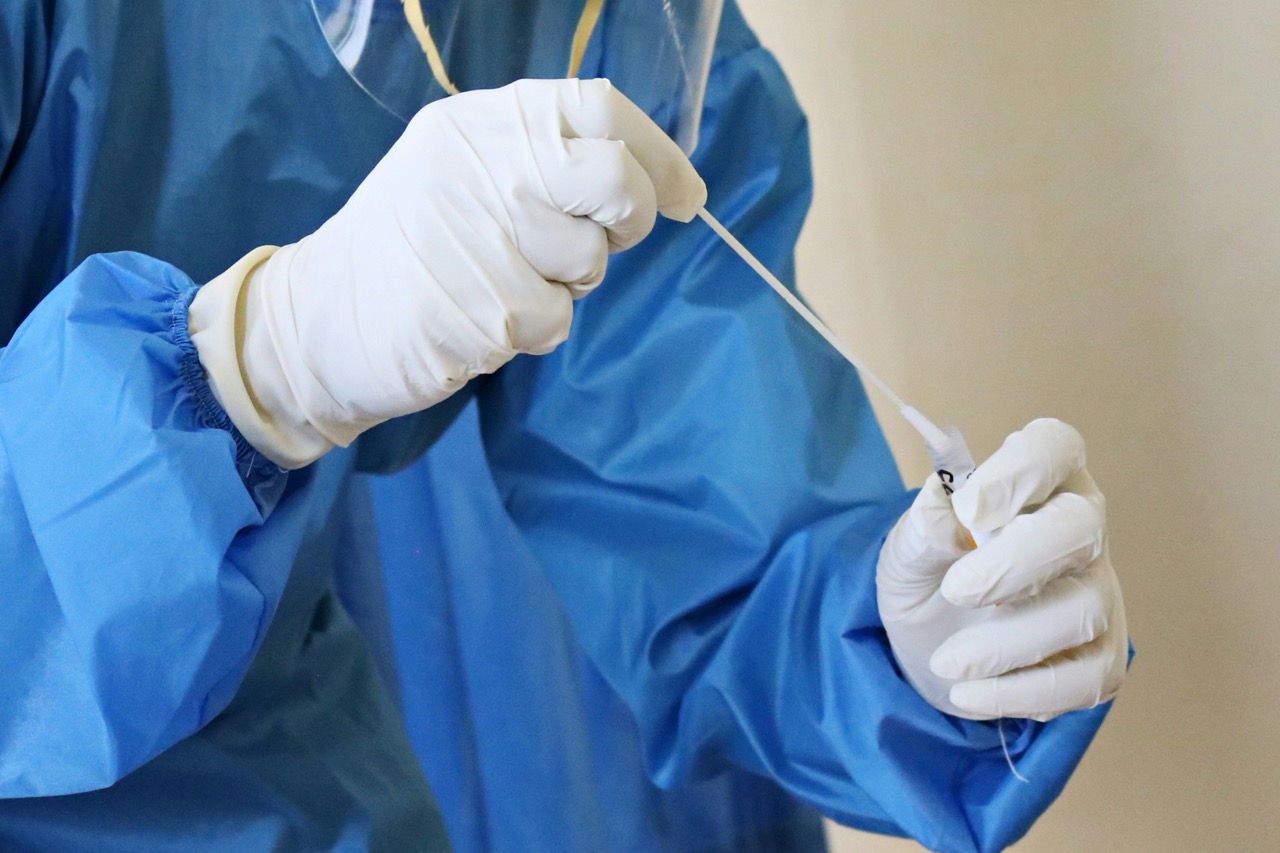Human Papillomavirus (HPV) is one of the most common sexually transmitted infections worldwide, with a significant impact on public health. While many individuals infected with HPV may remain asymptomatic, certain strains can lead to serious health issues such as cervical cancer and other anogenital cancers. The good news is that lifestyle changes can play a crucial role in managing HPV and reducing the risk of associated complications. This article will explore the relationship between lifestyle factors and HPV management, including nutrition, exercise, and stress reduction techniques.
Understanding HPV: Risks, Symptoms, and Implications
HPV is a group of more than 200 related viruses, some of which are considered high-risk due to their association with various cancers. The most common high-risk types include HPV-16 and HPV-18, which are responsible for the majority of cervical cancer cases. Understanding the risks associated with HPV is essential for prevention, as many people do not recognize they are infected until symptoms arise or a diagnosis is made during routine screenings. It is important for sexually active individuals to engage in regular health check-ups and screenings, especially women who should undergo Pap smears and HPV tests as recommended.
Symptoms of HPV can vary widely. While many individuals experience no symptoms, some may develop genital warts or precancerous lesions. High-risk HPV strains can lead to severe complications if they remain undetected and untreated over time. The implications of an HPV infection extend beyond physical health; they can also carry psychological and social burdens, affecting relationships and self-esteem. Therefore, early detection, education, and lifestyle changes can empower individuals to take control of their health and mitigate the risks associated with HPV.
The connection between HPV and lifestyle choices is increasingly recognized in medical research. Factors such as smoking, obesity, and poor diet can weaken the immune system, making it harder for the body to clear the virus. Conversely, healthy lifestyle choices can enhance immune function and reduce the risk of HPV-related complications. By understanding HPV’s risks, recognizing symptoms, and acknowledging the implications of living with this virus, individuals can take proactive steps toward their health.
The Role of Nutrition in HPV Management and Prevention
Nutrition plays a vital role in supporting the immune system and can significantly influence the body’s ability to manage HPV. Consuming a balanced diet rich in vitamins, minerals, and antioxidants can help promote overall health and resilience against infections. Foods high in vitamin C, for example, such as citrus fruits and leafy greens, are known to enhance immune function. Similarly, foods rich in folate, such as beans, lentils, and spinach, have been associated with a lower risk of HPV progression.
A diet that includes plenty of fruits and vegetables can also help maintain a healthy weight, which is crucial for optimal immune response. Excess body weight has been linked to chronic inflammation and can impair the body’s ability to fight off infections. Moreover, incorporating foods high in fiber can not only support digestive health but also aid in hormone regulation, which may be beneficial for individuals at risk of HPV-related cancers. Thus, making informed dietary choices can be a proactive strategy in managing HPV.
In addition to vitamins and minerals, hydration is another important nutritional consideration. Drinking adequate water can assist in various bodily functions, including nutrient absorption and toxin elimination. Furthermore, some studies suggest that certain dietary patterns, such as the Mediterranean diet, which emphasizes whole grains, healthy fats, and lean proteins, may lower the risk of HPV-related diseases. By focusing on a nutrient-dense diet, individuals can better equip their bodies to combat HPV and reduce the likelihood of severe health outcomes.
Exercise and Immune Function: Boosting HPV Resilience
Regular physical activity is essential for maintaining a healthy immune system, which is crucial in the management of HPV. Exercise can enhance immune function by promoting good circulation, which helps immune cells move throughout the body more effectively. Engaging in moderate-intensity aerobic exercise for at least 150 minutes a week can lead to significant health benefits, including improved immune response. Activities such as brisk walking, cycling, or swimming can also help mitigate stress, which is another important factor in immune health.
Moreover, exercise is closely linked to maintaining a healthy weight, which is vital for reducing inflammation and the risk of chronic diseases. Individuals with a healthy weight are generally better positioned to fight off infections, including HPV. Strength training is also beneficial, as it builds muscle mass and supports metabolic health. A combination of aerobic and strength training exercises not only aids in physical health but also contributes positively to mental well-being, creating a holistic approach to HPV management.
It’s important to note that the benefits of exercise extend beyond physical health. Regular physical activity has been shown to improve mood, reduce anxiety, and promote better sleep—factors that are crucial for overall well-being. A well-rounded exercise routine, tailored to individual preferences and capabilities, can foster resilience against HPV and support long-term health outcomes. Establishing a consistent exercise regimen can be a valuable component of a proactive health strategy.
Stress Reduction Techniques to Support HPV Health
Chronic stress can have a detrimental impact on the immune system, making it harder for the body to combat infections, including HPV. High stress levels can lead to hormonal imbalances that may weaken immune responses and hinder the body’s ability to clear the virus. Therefore, incorporating effective stress management techniques is crucial for individuals managing HPV. Strategies such as mindfulness meditation, yoga, and deep-breathing exercises can promote relaxation and enhance mental clarity, helping to mitigate the negative effects of stress on health.
Additionally, engaging in hobbies and social activities can serve as effective stress relievers. Activities that bring joy and fulfillment can help individuals cope with stressors and foster a sense of community and support. Building a strong social network is essential, as connection with friends and family can provide emotional support and encouragement. Activities such as group exercise classes or community workshops can also promote social engagement while enhancing physical health.
Sleep is another important factor in stress management and immune health. Quality sleep helps regulate stress hormones and allows the body to recover and regenerate. Establishing a consistent sleep schedule, creating a restful sleeping environment, and practicing relaxation techniques before bedtime can improve sleep quality. By prioritizing stress reduction and promoting mental well-being, individuals can better support their immune system and overall health in the context of HPV management.
In conclusion, managing HPV effectively requires a multi-faceted approach that includes lifestyle changes focused on nutrition, exercise, and stress reduction. Individuals can significantly enhance their immune function and overall health by making informed dietary choices, engaging in regular physical activity, and implementing stress management techniques. While HPV can pose serious health risks, proactive measures can empower individuals to take control of their well-being and reduce the likelihood of complications. By adopting a healthy lifestyle, individuals not only support their immune system but also contribute to a broader strategy for managing HPV effectively.
